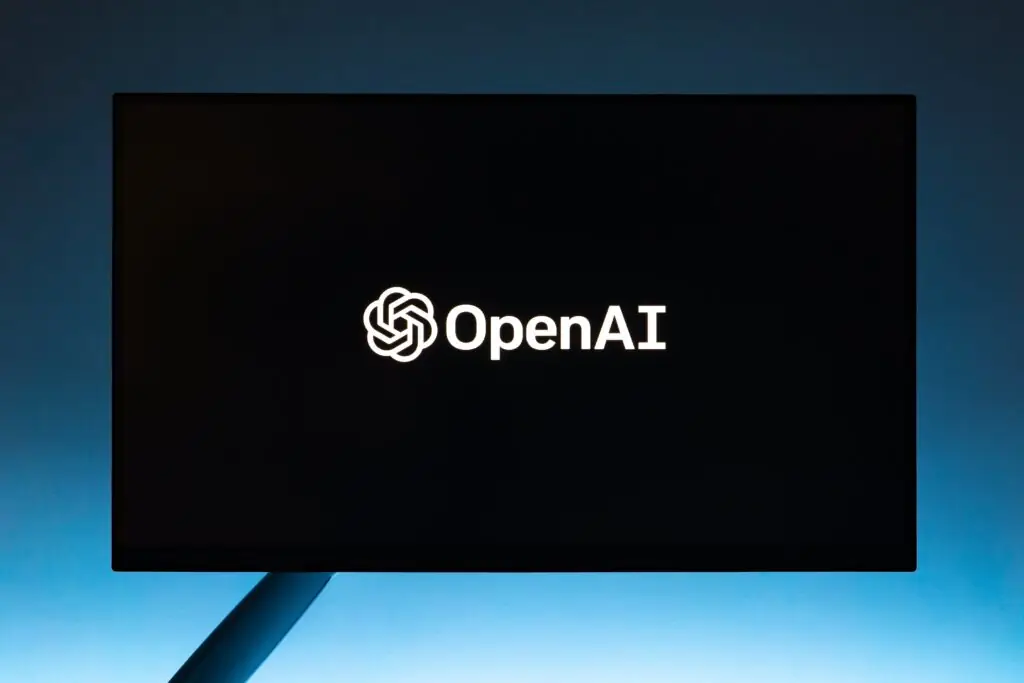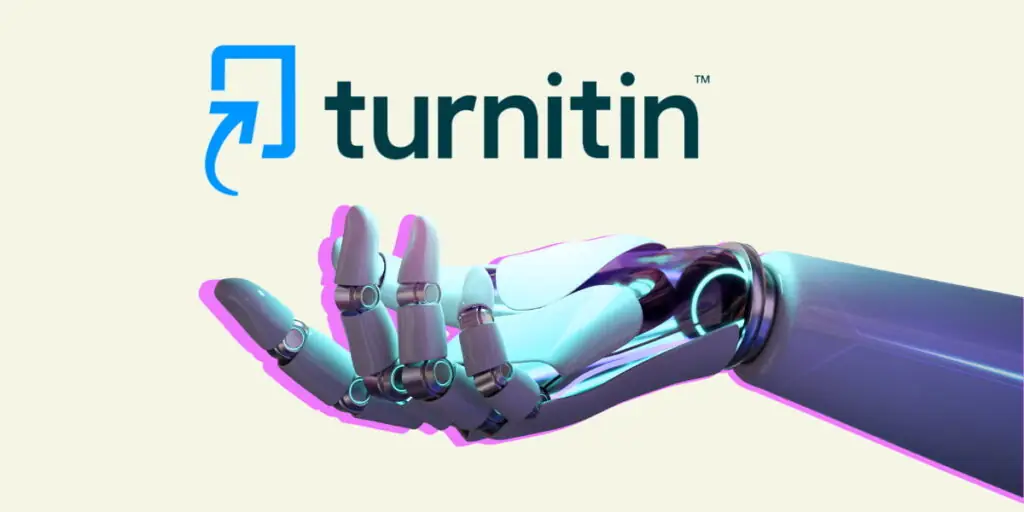2023 was truly a transformative year for many spheres of our lives. Strikes on university campuses, presidential transitions, and debates around student loan forgiveness were just the tip of the iceberg. These stories made it to the first columns but many more interesting topics caught our readers’ attention. Here’s just a brief overview of this year’s hottest discussion pieces.

✅ AI Essay Writer ✅ AI Detector ✅ Plagchecker ✅ Paraphraser
✅ Summarizer ✅ Citation Generator
Artificial Intelligence Conquers Academic World
The beginning of 2023 was marked by a new wave of artificial intelligence development. ChatGPT, an AI-powered chatbot, entered the scene and turned the world as we knew it upside down.

Everything started with the GPT-3.5 version. However, after a few months, GPT-4 made its entrance proving that AI chatbots have a lot of potential to be improved to the highest level of service. Simultaneously, with the rising prominence of AI in academic settings, it has become extremely valuable to learn to use these tools to your advantage. Practical advice on the most effective AI usage for students of all kinds, from freshman to PhD, quickly gained popularity.
Despite popularizing the conscious use of tools powered by artificial intelligence, there were brewing concerns about the impact of AI-generated writing on the authenticity and quality of student work. This has sparked debates and discussions in academic circles. Teachers even took the issue to Reddit to find a way of keeping students honest in the age of AI writing tools.
Adding to the complexity, institutions like Cambridge University have reportedly turned a blind eye to the use of AI chatbots by students. This stance, or lack thereof, raised many questions about the role of universities in regulating and guiding the use of AI tools to ensure they enhance rather than compromise the educational experience.
Now, at the near end of this year, we can look more clearly at the question of regulating AI and its usage. European Union has established several guidelines to help regulate technological development and the U.S. is trying to keep it in line as well. Yet still, colleges and universities find themselves at a crossroads. The challenge now is to integrate AI into the educational framework in a way that enriches learning and upholds the principles of academic rigor and honesty. After all, all that academia wants is to ensure that the educational institutions of tomorrow are equipped to handle the technological realities of today.
Students vs Detectors
With the rise of AI chatbots, the initial response from high school and college boards was, of course, to try and ban their use whatsoever. The tool was viewed as the main danger factor to academic integrity. Unsurprisingly, major companies like Turnitin which usually took responsibility for plagiarism checking, took it upon themselves to fight the AI with special technologies. And that’s how in the year 2023 AI detectors gained traction.

The main problem with this new invention was that nobody could really prove how accurate they were. This caused many problems for both teachers and students trying to fight for knowledge and academic integrity. Many incidents involved students being falsely accused of using AI. Some even faced a potential expulsion for submitting an essay written by ChatGPT, others got off relatively easy with just a 0 for an assignment. The situation becomes even more convoluted with the use of AI-based language and grammar tools like Grammarly. Reports of students being penalized for using such enhancements, with An I detectors flagging their work, reveal a gray area: what can really be considered academic dishonesty and what is just a brief aid.
These challenges raised the need to debunk myths and misconceptions about AI text detectors. Not all essays flagged by these tools can be AI-written, and the technology behind AI detection is still evolving. Many institutions came to this realization just at the end of 2023, finally ditching the use of AI Detectors in academic settings. This only proves that Educational institutions and students alike are in a phase of adaptation, learning to discern the appropriate use of AI in academic writing while upholding the principles of originality and integrity.
Cancelling Student Loans: How Everything Turned Out

In summer, the ending of the payment pause, a temporary relief measure for federal student loan borrowers, has sparked intense debate and speculation. Questions about the implications for millions of borrowers, the potential financial strain, and the broader economic impacts have dominated discussions in educational and financial circles. Thus, the Education Department has been at the forefront of developing focused loan relief strategies, highlighting targeted approaches to address specific borrower needs and circumstances. At the center of this student loan discourse was President Biden’s student loan relief plan, which targeted borrowers with longstanding debts.
The topic of student loans remains a persistent and pressing issue. The recent Supreme Court ruling in Biden v. Nebraska, marking a significant setback for the Biden administration’s ambitious plan to cancel up to $400 billion in student loans, has brought this issue into sharper focus. The ruling, based on the interpretation of the HEROES Act, deemed the administration’s approach as overstepping its authority, thereby compelling a strategic shift. In response, the administration is exploring the Higher Education Act’s provisions as a potential legal pathway for waiving student debt under specific conditions. While the legal intricacies unfold, President Biden has introduced various measures to ease the burden of student loan repayments. These initiatives include the SAVE plan, an innovative approach that ties monthly payments to borrowers’ income and family size, rather than loan balances, and offers the promise of loan forgiveness after a certain period.
As policymakers, educators, and students grapple with these complexities, the quest for equitable and effective solutions to make education affordable continues, with the promise of reshaping the landscape of academic funding and accessibility for future generations.
Follow us on Reddit for more insights and updates.





Comments (0)
Welcome to A*Help comments!
We’re all about debate and discussion at A*Help.
We value the diverse opinions of users, so you may find points of view that you don’t agree with. And that’s cool. However, there are certain things we’re not OK with: attempts to manipulate our data in any way, for example, or the posting of discriminative, offensive, hateful, or disparaging material.